Three takeaways from Burna Boy’s historic Grammy victory
“I remember when I couldn’t level up / Cause the Grammys had me feeling sick as f*ck / Throwing up and sh*t / Asking questions like, why it wasn’t us? / Almost had a nigga feeling envious.”
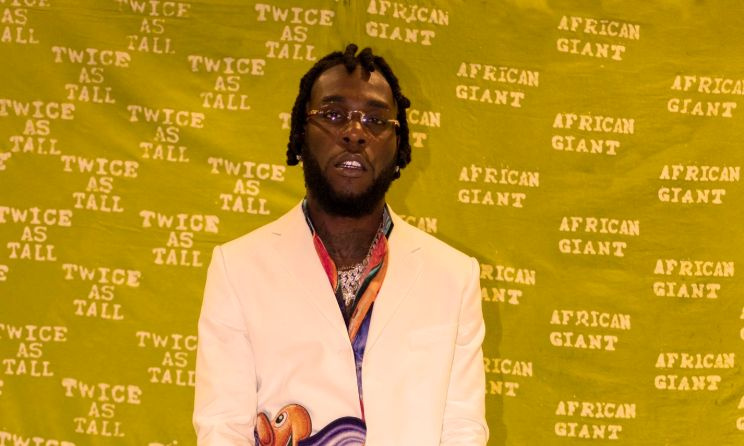 Burna Boy.
Burna Boy.
That is Burna Boy on the title track of his 2020 opus Twice As Tall, mulling over his defeat to the great Angélique Kidjo, who was picking up her fourth trophy.
On 14 March, at the 63rd edition of music’s biggest night, the Nigerian superstar finally scored a Grammy win for Twice As Tall, and all is right with pop in Africa, then.
Below are three takeaways from Burna Boy’s historic win.
Angélique Kidjo’s absence and validation
I suspect that the West African artist’s greatest Grammy competition is Angélique Kidjo. I also reckon that if an African artist would lose a Grammy, in the Best Global Music Album category, he would rather lose to the Beninese legend, who is also a darling of the scheme. And so, though losing to Kidjo was tough for Burna Boy, it must have been acceptable.
Last year saw Burna Boy put forth his best work but Kidjo’s absence from the shortlist heading into this year also meant Burna Boy’s clearest shot at the gilded gramophone. If this was mere conjecture then, it isn’t now.
Additionally, on the night, by dedicating her fourth Grammy to the Nigerian singer, Kidjo was drawing significant focus to Africa’s rising voices. “Four years ago, on this stage, I was telling you that the new generation of artists coming from Africa is going to take you by storm and the time has come,” she said in 2020. “This is for Burna Boy. Burna Boy is among these young artists that come from Africa that are changing the way our continent is perceived and the way African music has been the bedrock for every music.”
African Giant as a springboard to success
There is also a case to be made about Burna Boy’s resilience and consistency. Judging by the feverish joy that characterised his acceptance speech, it is safe to say that at this stage in his career, a Grammy was a significant career goal. It may not have won him the Grammy, but African Giant, the winning album’s predecessor, points to an important attribute about Burna Boy and indeed anyone destined for greatness: the ability to bounce back while utilising a nomination as a springboard to success. Propped by the explosive global reception of Afrobeats, his first nomination secured Burna Boy a firm footing in the US.
It was Juls, the British-Ghanaian DJ and producer who recently joined Grammy oversight body the Recording Academy, who said: “Putting out an album is one thing, but you need to have the right team behind you. You need to have the message in there, and you need to have your PR, marketing and branding on lock. And you need to be very active: you need to travel, you need to have people in the room shouting your name. If you don’t have all these things, your music is really just going to be heard by people who are just hardcore fans, which is fine, but if you’re looking to expand and be greater, then you need to work a bit harder.”
A master stroke in the musician’s marketing strategy following African Giant was strengthening the narrative around his new purpose as a bridge to the African diaspora. Thus, inadvertently, his next project took on communal properties. It takes a village, after all. Sean ‘Diddy’ Combs, a three-time Grammy winner, came on board and executive-produced Twice As Tall “for free”, according to Burna Boy. Thus was the pull of an African Giant sequel.
“Big win for Naija”
That was Davido’s sentiment of his country's showing at the ceremony. The Best Global Music Album category was the main focus for people following the awards from this side of the Atlantic, but Nigeria won more than one accolade at the 63rd Grammys: Beyoncé’s Wizkid-assisted ‘Brown Skin Girl’ also picked up the Best Music Video at this year’s awards.
True, in 2017, Wizkid came close courtesy of Drake‘s Views album. Kah-Lo was nominated for Best Dance Recording for appearing on Riton’s ‘Rinse & Repeat’. Cynthia Erivo, who is of Nigerian descent, won the Best Musical Theater Album Award for her contribution to The Color Purple album. Femi and Seun Kuti, as well as King Sunny Adé, have also been nominated in previous years.
For the contemporary Afrobeats crop, however, this is groundbreaking. The ultimate stamp of approval for the genre, which the West African country has been owning in recent years. “This is a big win for my generation of Africans all over the world,” Burna Boy said during his acceptance speech.
The Grammy Awards may have come under criticism in recent years for lack of diversity, especially toward people of colour. And Burna Boy’s Grammy may be dismissed as an act of tokenism by an awards platform fighting to secure a positive image – or once again, Africans looking to the West for validation. For the ‘Ye’ hitmaker, however, his big night should “be a lesson to every African out there” above everything else. “No matter where you are, no matter what you plan to do, you can achieve it no matter where you’re from, because you’re a king,” Burna Boy said during his acceptance speech.



























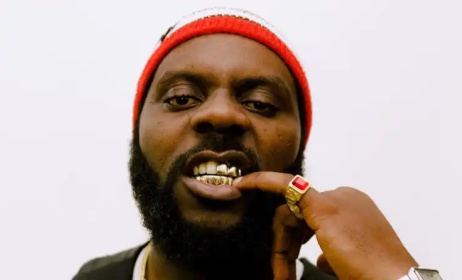
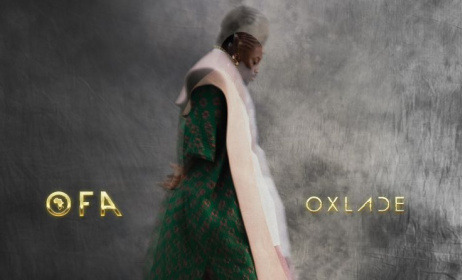


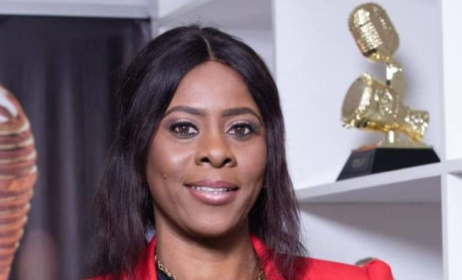
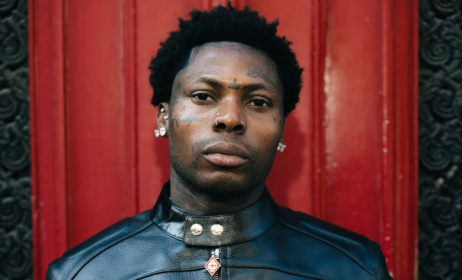


Comments
Log in or register to post comments